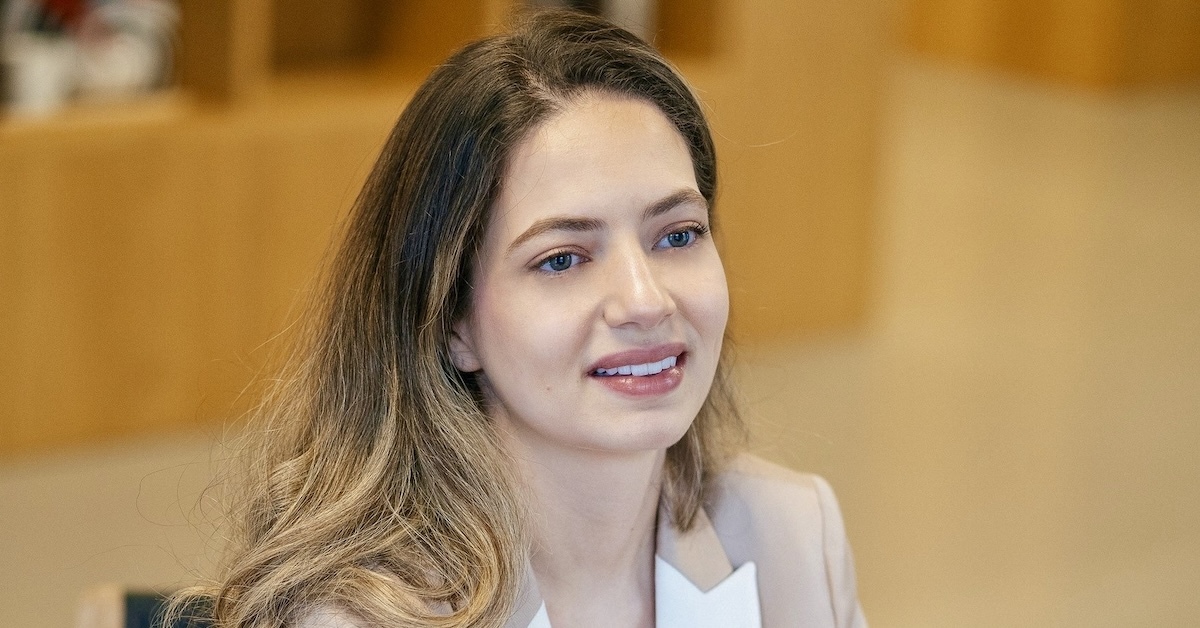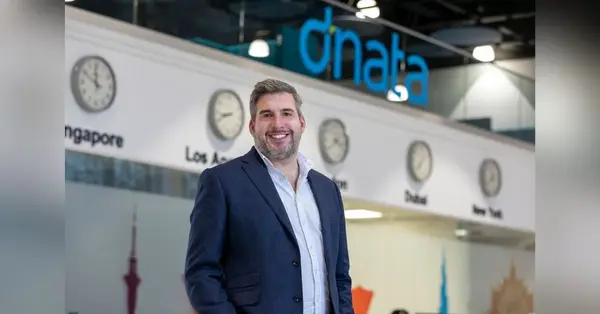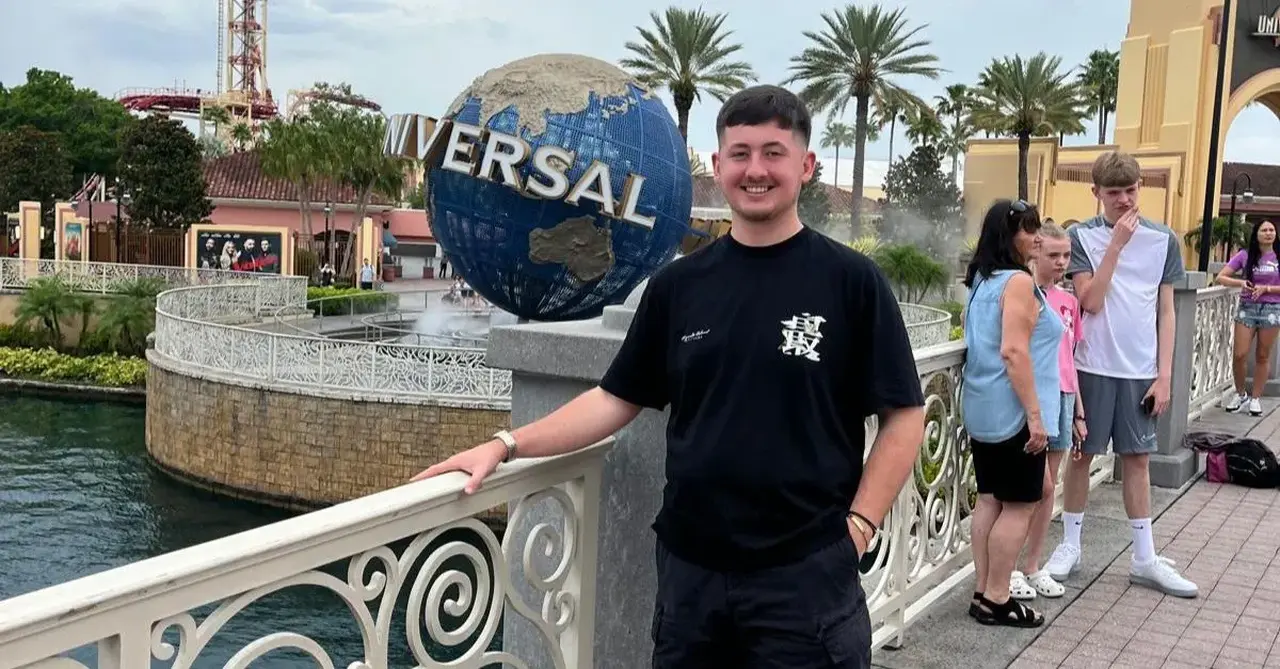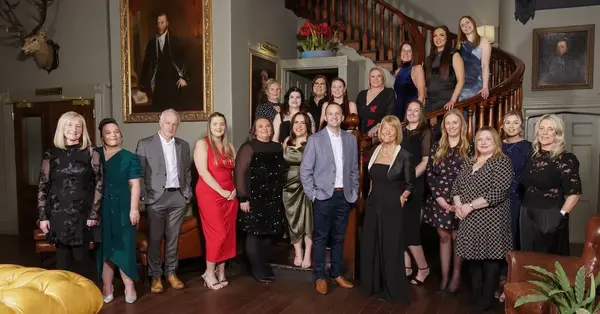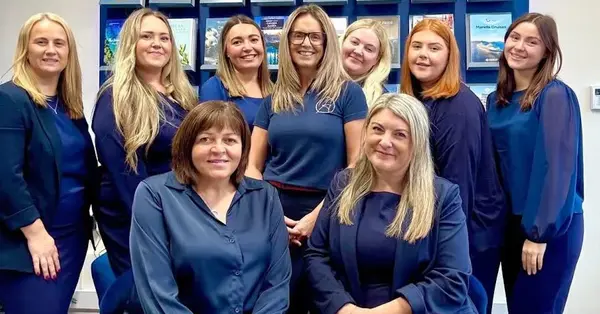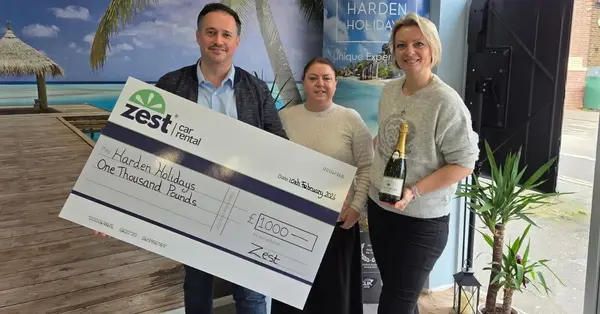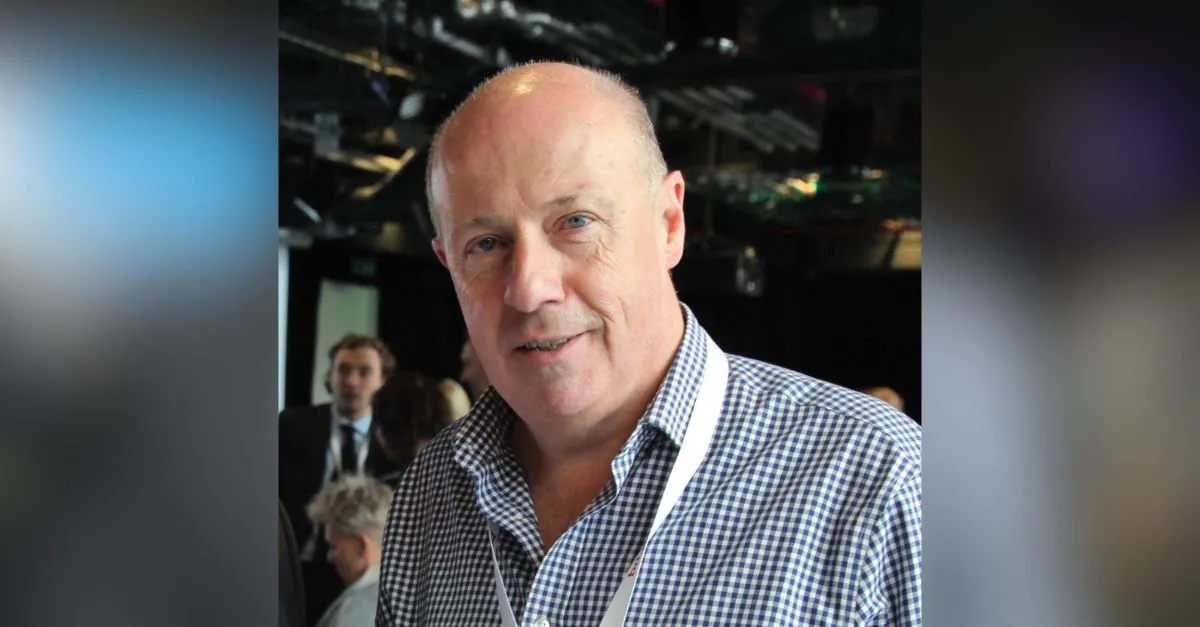You are viewing 1 of your 2 free articles
Tickitto founder says deal is ‘gamechanger’ for InteleTravel agents
The founder of ticketing platform Tickitto says the business can be a “gamechanger” for InteleTravel agents, helping them to tap into the lucrative rise of event-led travel.
The US homeworking giant announced its takeover of UK-based Tickitto on March 25, to enable its agents to sell tickets to exclusive and live events which are often difficult to obtain or only available at inflated prices on resale sites.
Founder and chief executive Dana Lattouf, who established the company in 2019, said that event tourism is projected to reach a valuation of $2.38 trillion by 2034 – and her platform can help agents get a slice of that market.
She described the rise of event-led travel as a “huge shift” in the sector.
It turns the “utilitarian experience” of buying a flight and hotel into a “more emotional one”.
“And the basket size for travel will increase as people are treating themselves and will splurge on hotels and flights too,” she said.
“So agents can earn commission and increase the basket size – and it is a competitive edge for them.”
She said agents who secure “coveted tickets” for sports events, concerts and gigs will also build consumer loyalty.
Following the acquisition, Tickitto’s nine-strong team is working on integrating its platform into InteleTravel’s system, offering direct access to inventory from the agents’ existing portal.
“We hope to launch it very quickly,” she said, noting agent interest has been “very high” since news of the deal was announced.
“It will be a smooth experience; we do all the heavy lifting for agents so they can offer a great experience and sell content quickly,” she added.
Events range from Formula 1 races, Wimbledon matches and Uefa Champions League games to shows by stars such as Beyonce and theatre performances.
Once the agents are selling its content, Tickitto will be able to service the other InteleTravel brands: corporate travel alliance Hickory Global Partners, meetings and industry agency MGME and long-haul operator Major Travel.
Lattouf highlighted how the business travel sector is also seeing “huge demand” for events.
She said business travellers will extend their work trips to take in an event, such as a Formula 1 race, or treat their business clients to an event.
Furthermore, Inteletravel plans to launch a business travel platform this year, called businesstravel.com, she noted.
Originally from Jordan, Lattouf (30), gained a first-class business administration degree from the University of Bath.
The university was where she met key people in her business career – her professor Dr Chris Archer-Brown, who became chief commercial officer at Ticketto, and Elie Hamouche, who is now the chief technology officer at the company.
Furthermore, the university gave her an innovation bursary, which allowed her to stay in the UK and develop her entrepreneurial ideas.
In 2019, she joined a B2C platform in the UAE, which offered home services, such as nannies and pest control.
She changed the model to a B2B platform, helped it to grow, then moved on to tackle the ticketing market.
“I wanted to solve a personal pain point that I had experienced,” she said, recalling a short break to Istanbul in 2014, with her sisters, brothers and parents.
Her brothers were eager to get tickets for a European football match, while she and her sisters were researching DJs and music venues, and her parents wanted to visit the bazaars and take walking tours.
“Between the seven of us, we ended up wasting about 32 to 36 hours on tiny iPhone screens trying to find tickets for events and experiences…on a 72-hour holiday,” she said.
“I started to dig around, to understand the ticketing space, to realise it was super fragmented, very much unstructured and archaic.”
More opportunities to develop her ideas arose when she was one of 10 people in the UK to be chosen by Google for its residency programme for start-ups, based at the tech giant’s office in Shoreditch.
Google was on the third floor, while investment company Seedcamp was on the fourth floor.
“The guys at Google hooked me up with the guys at Seedcamp, just one floor above. I took that flight of stairs up, I pitched it to them, and I ended up closing our first pre-seed round of $600,000,” she recalled.
A couple of months later, the pandemic hit.
“We had $600,000 and a small team – and absolutely no industry to build for…people were sitting at home,” she said.
However, it meant she could focus on building the platform over the next 18 months and continue to build her team.
When the world started to open up again, the company landed a “huge” account in the UAE for a super app, offering transport, food delivery, ride hailing and tickets.
“It made the dream a reality,” she recalled.

